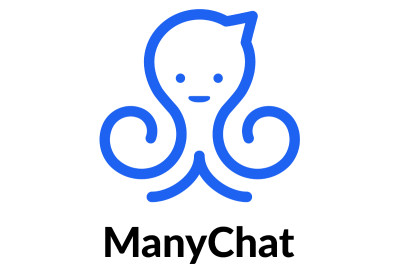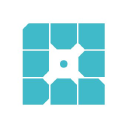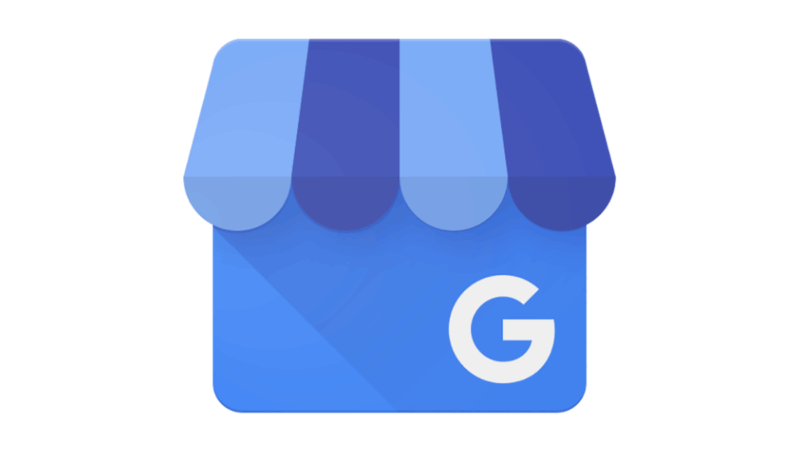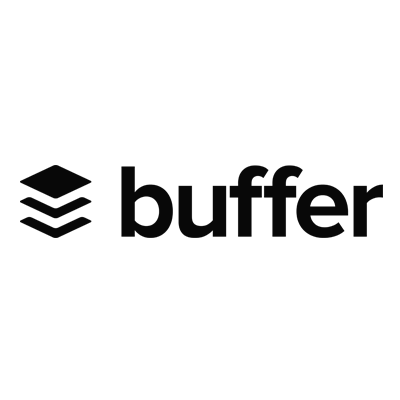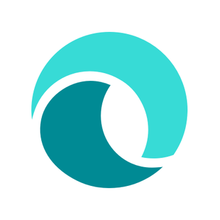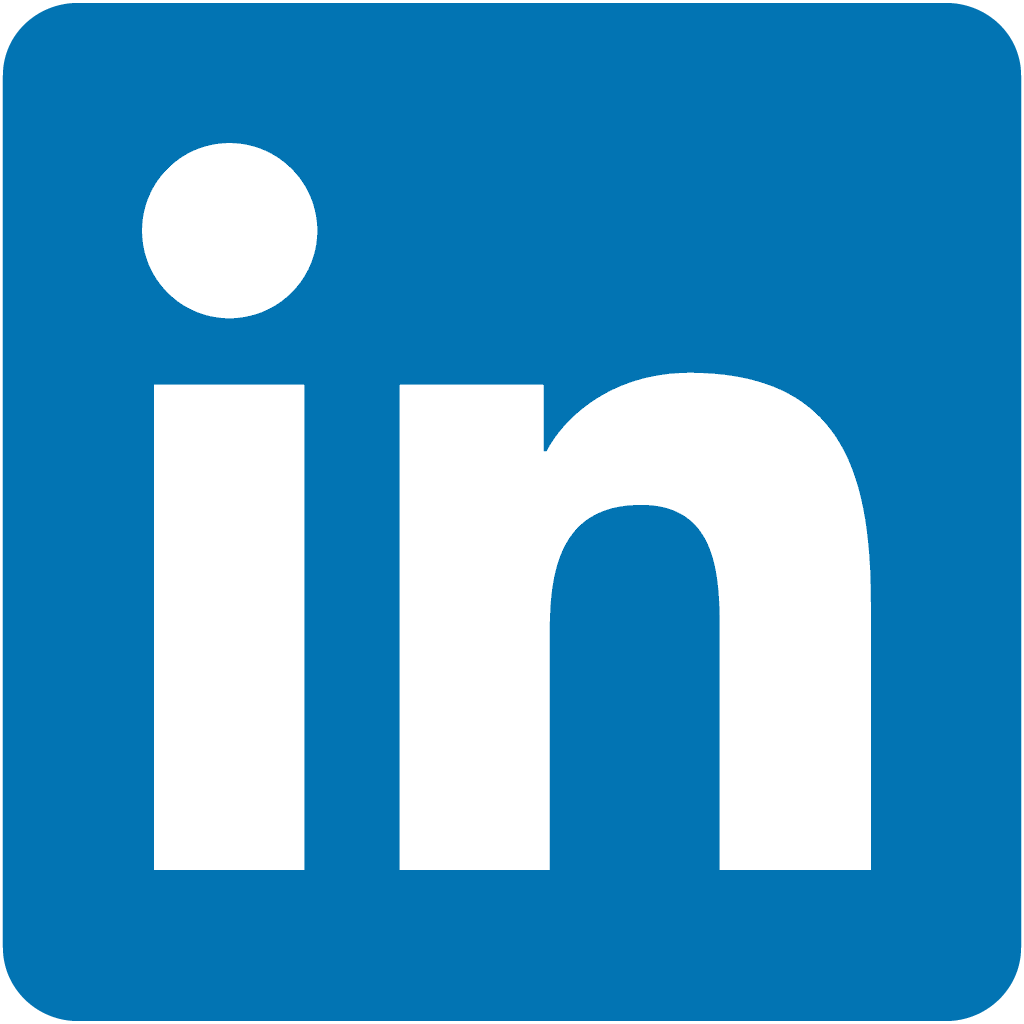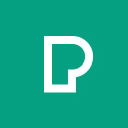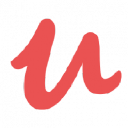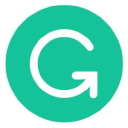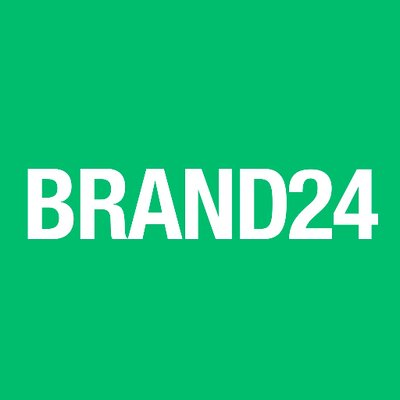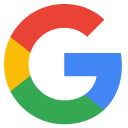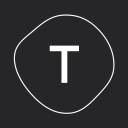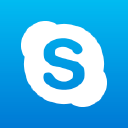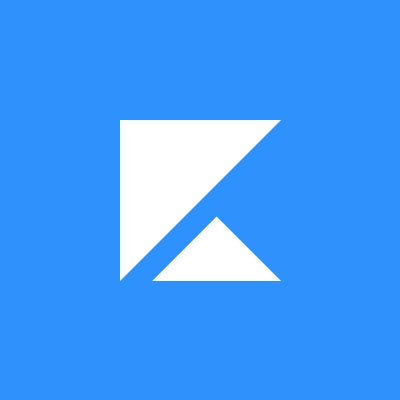My Story On Building My Own $8K/Month Digital Advertising Agency
Hello! Who are you and what business did you start?
Hello, my name is Luis Camacho and I am the founder of Fantôm Agency and also the host of the SaaS AdLab podcast, which is a podcast where I interview SaaS founders to learn more about their story. Fantôm is a digital advertising agency which focuses on helping mid-to-late stage SaaS (software as a service) companies scale through paid advertising channels such as Google, Facebook, and LinkedIn.
This is done using a four-stage framework we created which allows clients to increase MRR & ARR. In order to accomplish this, we first identify areas of opportunities and execute a massive number of tests to understand the type of advertising that will resonate best with the client’s target audience while making sure that advertising is contextual and valuable.
Fantôm focuses entirely on paid advertising, I guess you could say that’s the bread and butter, it’s what I’m great at but it’s also what I’m most passionate about. There were attempts to enter different service offerings but did not have as much fun doing so. Now when clients have the need for other types of marketing,...



